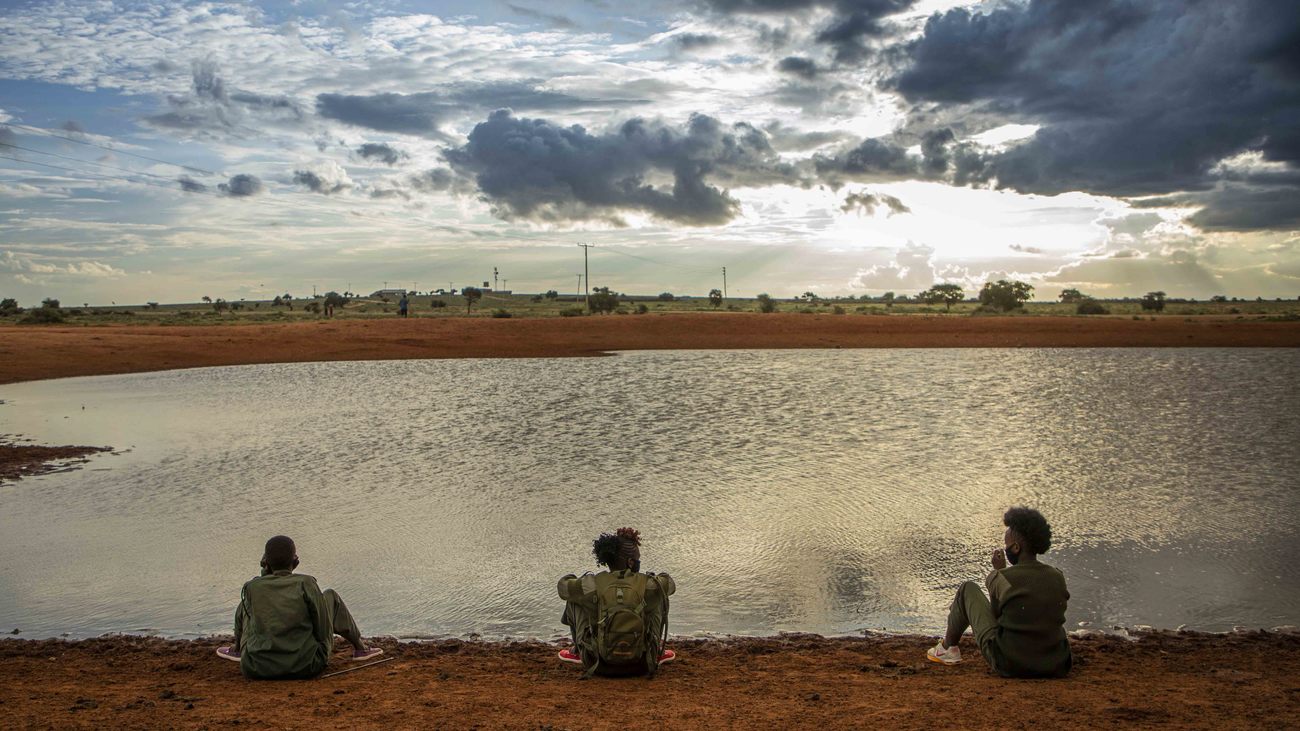Policy Conventions & Agreements - Global
Protection for wildlife & habitats is preserved in global agreements2021 will be the year of reckoning
2021 will be the year of reckoning

2020 was meant to be the Super Year of Biodiversity. It started promising with one of many international meetings slated to tackle biodiversity issues, the UN Convention on Migratory Species, setting increased protection of jaguars, Asian elephants and oceanic whitetip sharks. Then things went sideways: a pandemic, spawned by our unrelenting exploitation of wildlife, ground life as we knew it to a halt. Perhaps Mother Nature had a different plan - a wakeup call – that those international political fora had to start taking biodiversity protection seriously. Recent reports had signalled that we were failing. Worse than imagined. One million species are threatened with extinction according to a landmark report of the Intergovernmental Science-Policy Platform on Biodiversity and Ecosystem Services. Lip service and empty policies were not working.
Last year was not all doom and gloom. Sparks of hope occurred.
The European Commission advanced the European Green Deal with several proposals including the European climate law and the EU Biodiversity Strategy for 2030. President von der Leyen and other high-level leaders joined the UN Summit on Biodiversity and signed the Leaders’ Pledge for Nature committing to reversing biodiversity loss by 2030. IUCN World Conservation Congress e-voting yielded favourable results for important motions on wildlife cybercrime, bycatch, oceans and climate.
The first Finance in Common Summit of the world’s public development banks on lending strategies to support global public goods issued a landmark declaration that addressed biodiversity, oceans and nature. The declaration included a commitment “to help align all financial flow with the future post-2020 Global Biodiversity Framework to be adopted at the COP15 of the Convention on Biological Diversity” and to promote a biodiversity-positive economy and One Health approaches.
Closing out the year, the EU Parliament and Council reached political agreement on the EU Neighbourhood, Development and International Cooperation Instrument (NDICI) for 2021-2027, worth 70.8 billion EUR, including a biodiversity spending target of 7.5% by 2024 and 10% from 2026.
Yet, these positive signals were accompanied by startling reality checks of our failure to act on climate change and biodiversity loss. Devastating natural disasters spanned the globe from Australia bushfires, California wild fires, Hurricane Delta hitting Mexico’s Yucatan Peninsula, and the earthquake in Croatia. And another eye-opening report, the UN Global Biodiversity Outlook 5 documented that "none of the Aichi Biodiversity Targets will be fully met!"
Biodiversity loss and climate change represent interconnected threats to life on our planet. Our unabated consumption of natural resources, destruction of habitats and incursion into remote areas can have dramatic environmental and socioeconomic impacts. The pandemic has cost 2 million lives. It has resulted in trillions of dollars lost. We have all been impacted in tangible and intangible ways, be it restricted movement, lost jobs, death of loved ones, and utter mental exhaustion from unrelenting bad news.
Now, 2021, will be the year of reckoning.
Will this wake-up call spur a transformational change in how we interact on this planet? How we use and exist with nature? Will we take this opportunity to set ambitious, time bound, and binding targets to ensure that measures to address biodiversity protection and combat climate change are mainstreamed into our policies and financing systems? Will we remove harmful subsidies to biodiversity?
Hope is on the horizon. Vaccines are being deployed. Governments are pledging to include green solutions in COVID-19 recovery plans. Climate change, greenhouse gas emissions and underwater noise, which has a profound impact on marine animals, are down as global movement was severely restricted. Many have learned to work in new, remote and less energy intensive ways. These are lessons we must take forward.
We will need IPBES recommended transformative change to restore and protect nature. We will need a paradigm shift in our relationship with nature to coexistence as IFAW’s CEO proposes. We will need to invest in global biodiversity finance and reform subsidies harmful to biodiversity which OECD estimates is five to six times more than total spending for biodiversity.
EU leadership has a vital role to play in making 2021 the Super Year of Biodiversity. It must ensure the Leaders’ Pledge for Nature becomes a reality. Fortunately, a new administration in the US that values science over fiction can help. Together they must ensure strong targets and robust accountability mechanisms are part of global commitments to biodiversity at CBD COP15.
Nature will not allow us another decade of failures.
Staci McLennan
Director, European Union office
Related content
Every problem has a solution, every solution needs support.
The problems we face are urgent, complicated, and resistant to change. Real solutions demand creativity, hard work, and involvement from people like you.